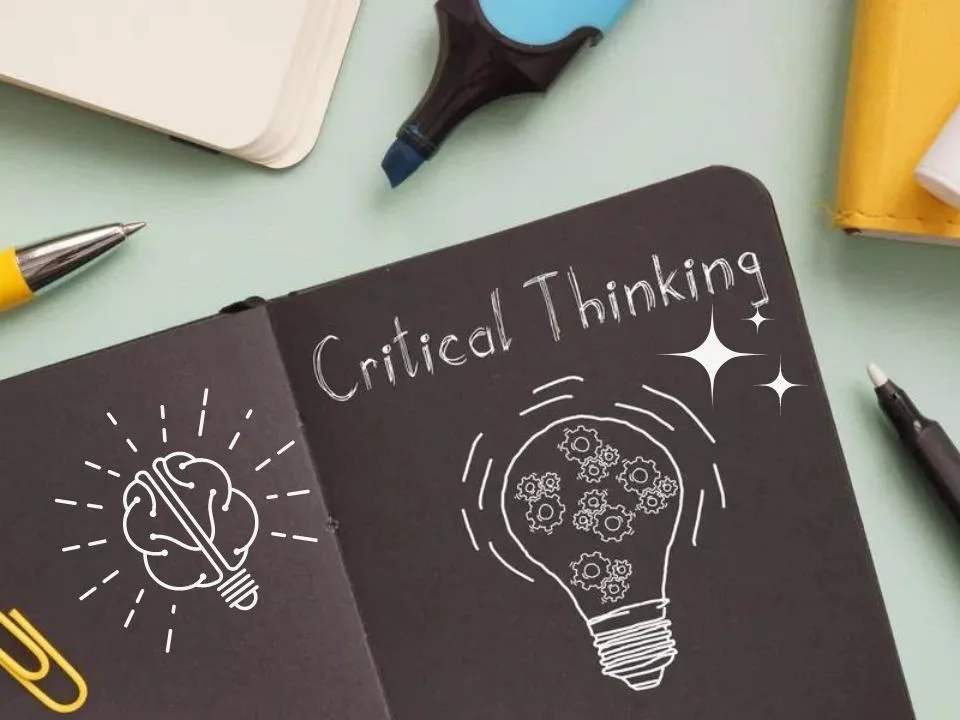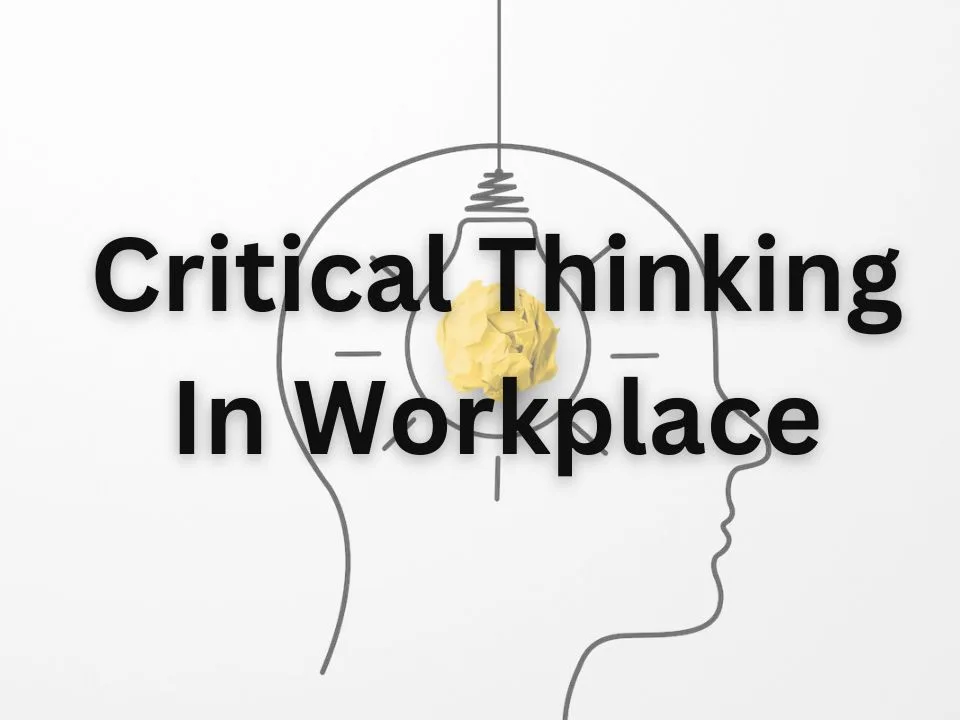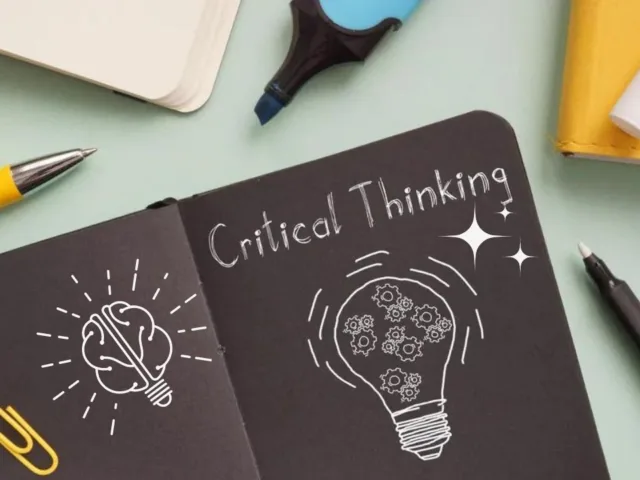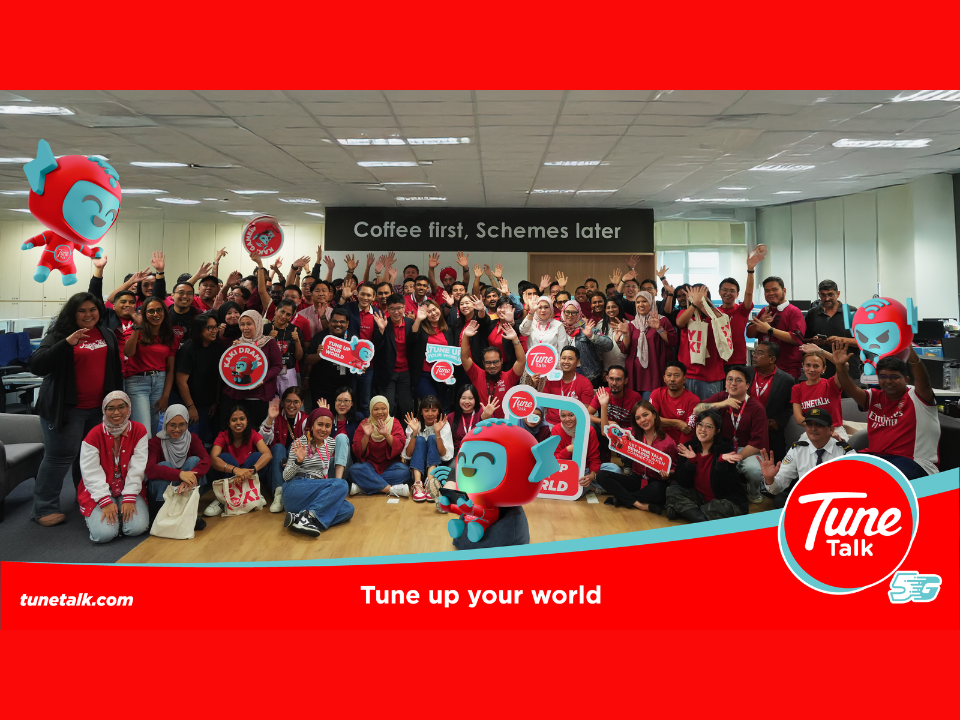
In today’s rapidly evolving business landscape, the ability to think critically is not just a desirable trait; it’s a necessity. Critical thinking skills are invaluable in navigating complex problems, making informed decisions, and driving innovation. Whether you’re a leader, a team member, or an individual contributor, honing your critical thinking abilities can significantly enhance your effectiveness in the workplace.
Understanding Critical Thinking
Critical thinking involves the ability to analyze, evaluate, and synthesize information to form well-reasoned judgments or decisions. It goes beyond simply accepting information at face value but rather involves questioning assumptions, considering multiple perspectives, and assessing the implications of different courses of action.
The Importance Of Critical Thinking In The Workplace

Here are 6 benefits of why critical thinking is important in the workplace:
1. Enhancing Problem-Solving Capabilities
One of the primary benefits of critical thinking in the workplace is its role in problem-solving. In today’s dynamic business environment, challenges arise regularly, ranging from minor setbacks to major crises. Employees who possess strong critical thinking skills are better equipped to assess the root causes of problems, identify potential solutions, and evaluate the best course of action.
2. Promoting Innovation & Creativity
Innovation thrives in environments where individuals are encouraged to think critically and challenge the status quo. By questioning existing processes, exploring alternative approaches, and synthesizing disparate ideas, employees can contribute to a culture of innovation within their organizations. Critical thinking fosters creativity by enabling individuals to connect seemingly unrelated concepts and envision new possibilities.
3. Making Informed Decisions
In a world inundated with information, the ability to sift through data, discern relevant facts, and draw logical conclusions is indispensable. Whether it’s evaluating market trends, assessing the viability of a new project, or weighing the pros and cons of different strategies, critical thinking enables leaders and employees alike to make informed decisions based on evidence and sound reasoning.
4. Fostering Effective Communication
Effective communication is essential for collaboration, conflict resolution, and achieving organizational goals. Critical thinking skills facilitate clear and coherent communication by helping individuals articulate their ideas, ask insightful questions, and engage in constructive dialogue. By promoting clarity and precision in communication, critical thinkers can minimize misunderstandings and foster stronger relationships within teams.
5. Navigating Uncertainty & Ambiguity
In today’s volatile, uncertain, complex, and ambiguous (VUCA) world, adaptability is crucial for success. Critical thinking equips individuals with the resilience and flexibility to navigate uncertain situations confidently. By embracing ambiguity and reframing challenges as opportunities for growth, employees can approach unfamiliar scenarios with curiosity rather than fear.
6. Cultivating Leadership Potential
Effective leadership hinges on the ability to make sound judgments, inspire confidence, and guide teams toward shared objectives. Leaders who prioritize critical thinking foster a culture of intellectual rigor and analytical thinking within their organizations. By modeling critical thinking behaviors and encouraging employees to question assumptions and challenge conventional wisdom, leaders can empower their teams to achieve excellence.
In today’s knowledge-based economy, the ability to think critically is a cornerstone of professional success. Whether it’s solving complex problems, driving innovation, or making informed decisions, critical thinking skills are indispensable in the modern workplace. By investing in the development of critical thinking abilities among employees, organizations can position themselves for long-term success in an increasingly competitive landscape.










